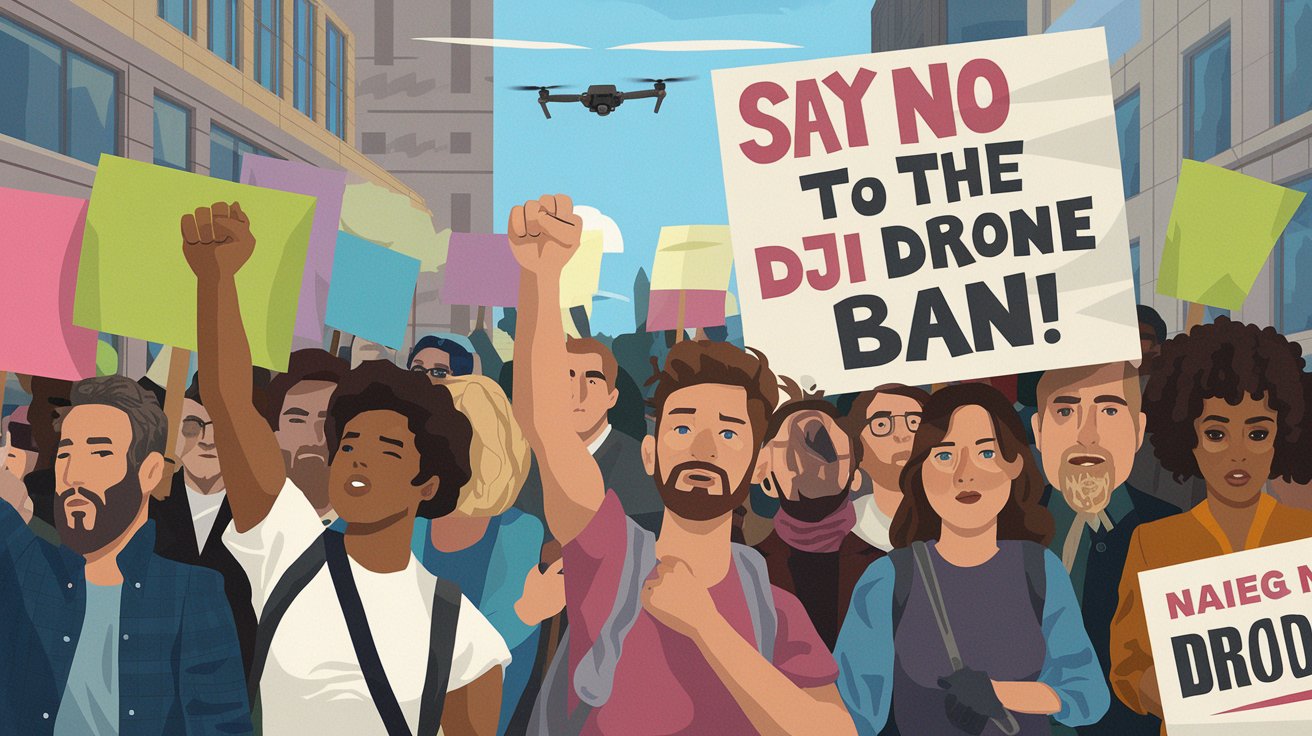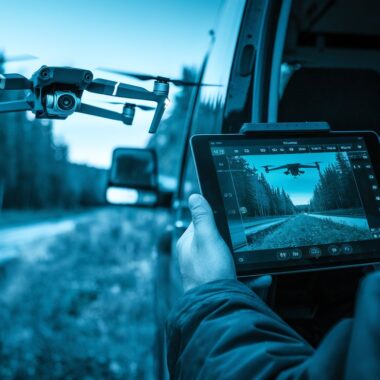The potential ban on DJI drones by the United States is a complex issue with far-reaching implications. From national security concerns to market disruptions, this article breaks down what you need to know and what it means for industries relying on drones.
Key Takeaways
- National Security Concerns: U.S. lawmakers allege that DJI drones pose surveillance risks and may use forced labor in manufacturing.
- Market Disruption: A ban could create supply chain bottlenecks, limiting access to critical drone technology for industries like public safety and agriculture.
- Alternatives: While promoting domestic production is essential, the U.S. drone market faces significant challenges in scaling production.
Understanding the National Security Debate
Why Ban DJI?
U.S. lawmakers argue that DJI drones could enable unauthorized data collection and transfer to the Chinese government. Legislative measures like the Uyghur Forced Labor Prevention Act have already blocked some DJI imports, citing allegations of forced labor in manufacturing—claims DJI denies.
What DJI Says
DJI emphasizes its commitment to data privacy, undergoing independent security audits, and denying ties to forced labor. However, critics remain unconvinced, citing the company’s alleged connections to China’s military.
The U.S. Drone Market: A Rocky Transition
Supply Chain Challenges
American manufacturers struggle to match DJI’s production speed and scale. For example, while U.S. companies often face months-long delays, DJI can fulfill bulk orders in a fraction of the time.
Who Will Feel the Impact?
Industries like public safety, agriculture, and industrial inspection depend on drones for efficiency. A sudden ban could lead to equipment shortages, increased costs, and operational disruptions.
Broader Implications
Geopolitical Tensions
The DJI ban reflects growing U.S.-China tensions, with technology and trade at the forefront. Restricting Chinese technology could exacerbate existing trade conflicts while challenging U.S. manufacturers to fill the gap.
Industry Outlook
Without significant investment in domestic drone technology, the U.S. risks falling behind in innovation. Policies supporting domestic production must balance security concerns with market realities to avoid stifling the industry.
Policy Alternatives: A Balanced Approach
- Enhanced Data Protections: Strengthen regulations on data storage and transfer rather than blanket bans.
- Support for U.S. Manufacturers: Invest in scaling domestic production to reduce dependency on foreign imports.
- International Collaboration: Work with allies to establish global standards for drone security and manufacturing ethics.
Conclusion
The DJI drone ban is more than a national security measure—it’s a potential turning point for the U.S. drone industry. As policymakers weigh the risks and benefits, ensuring a balanced approach that promotes both security and market stability will be crucial.
Related Content:
- How the Uyghur Forced Labor Prevention Act Impacts Imports
- Challenges Facing U.S. Drone Manufacturers
This article is part of our ongoing coverage of technology, policy, and market trends. Bookmark this page for future updates!




